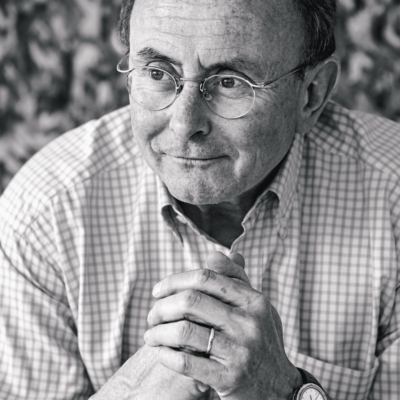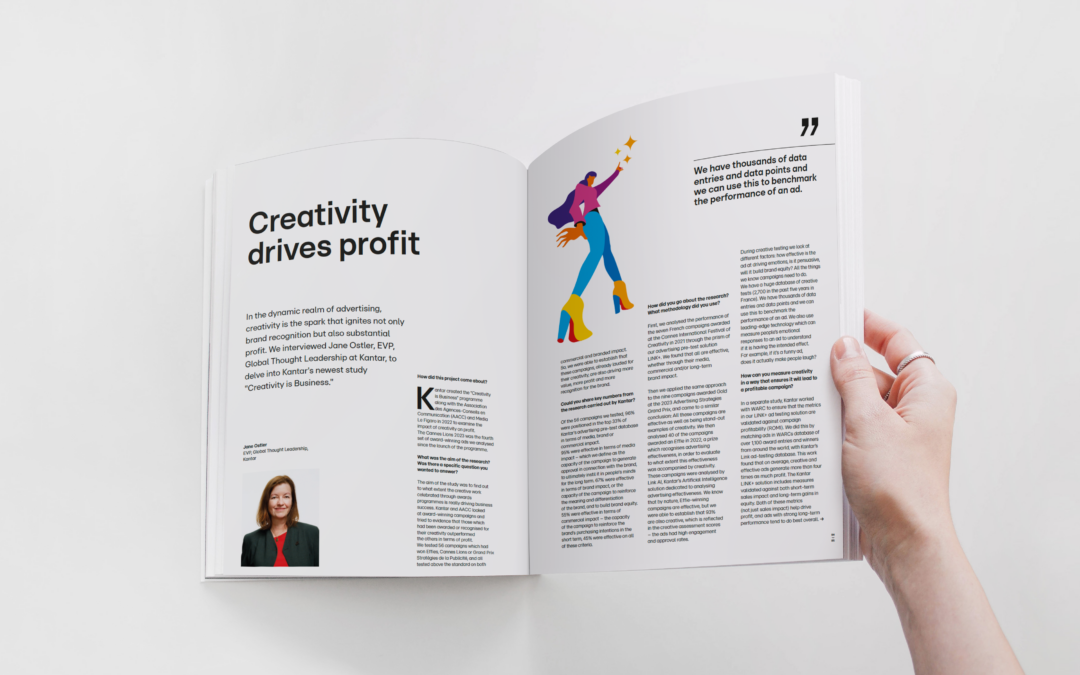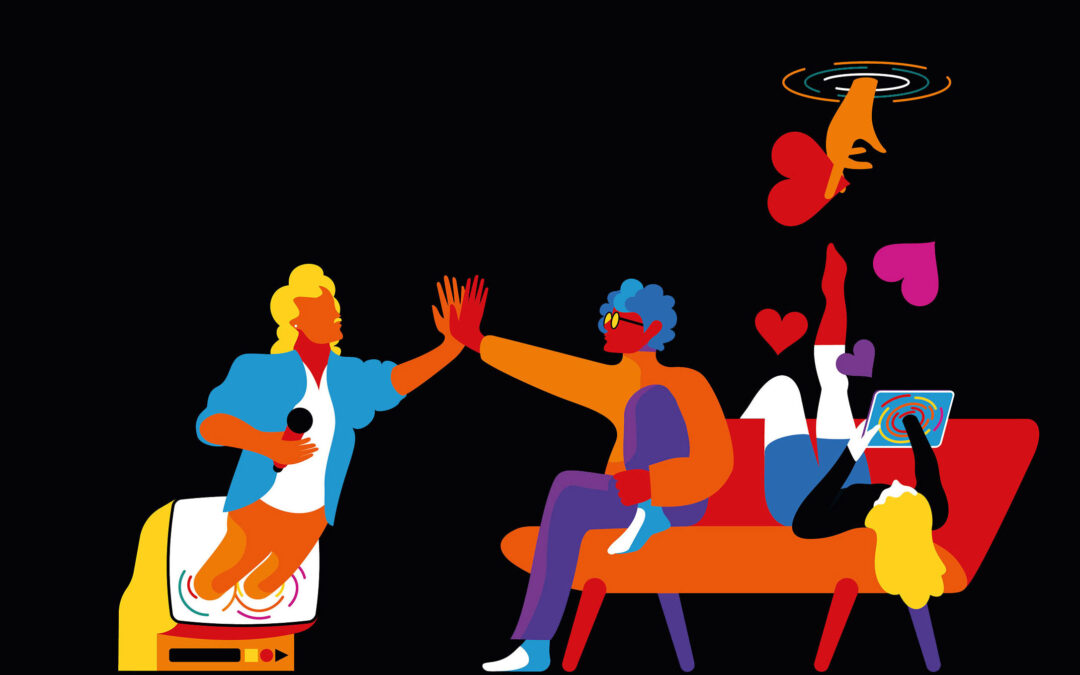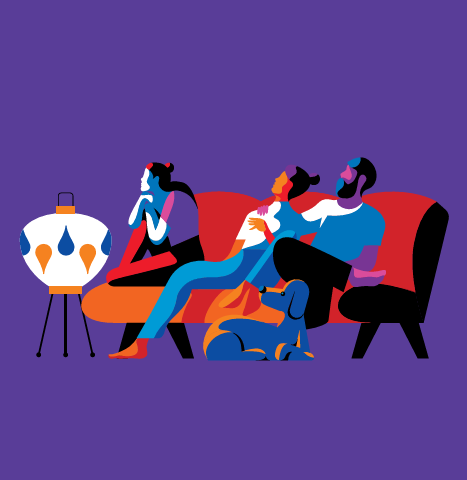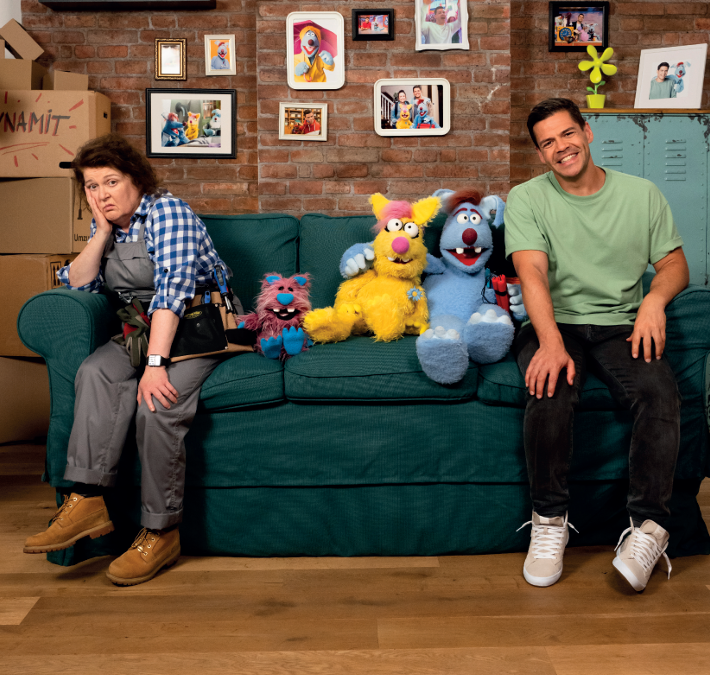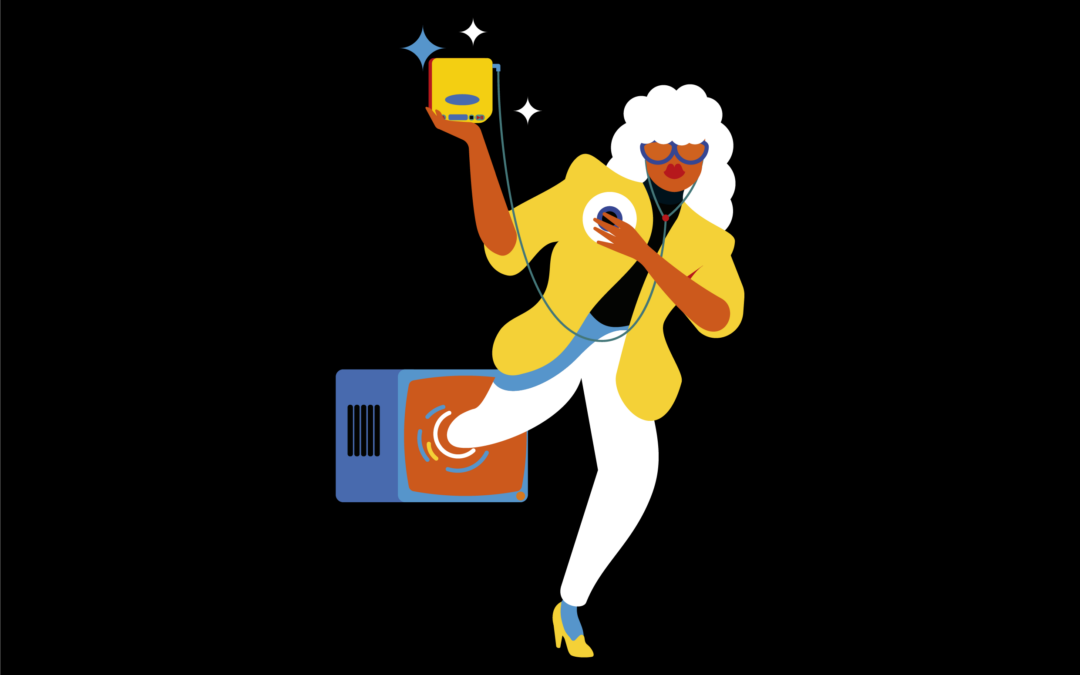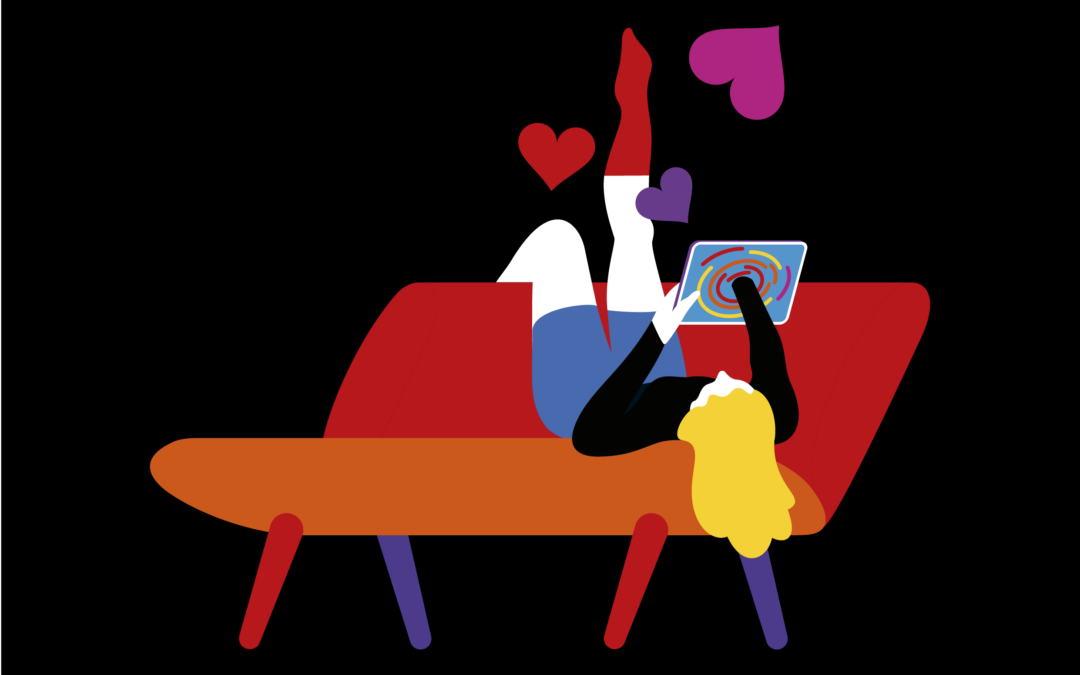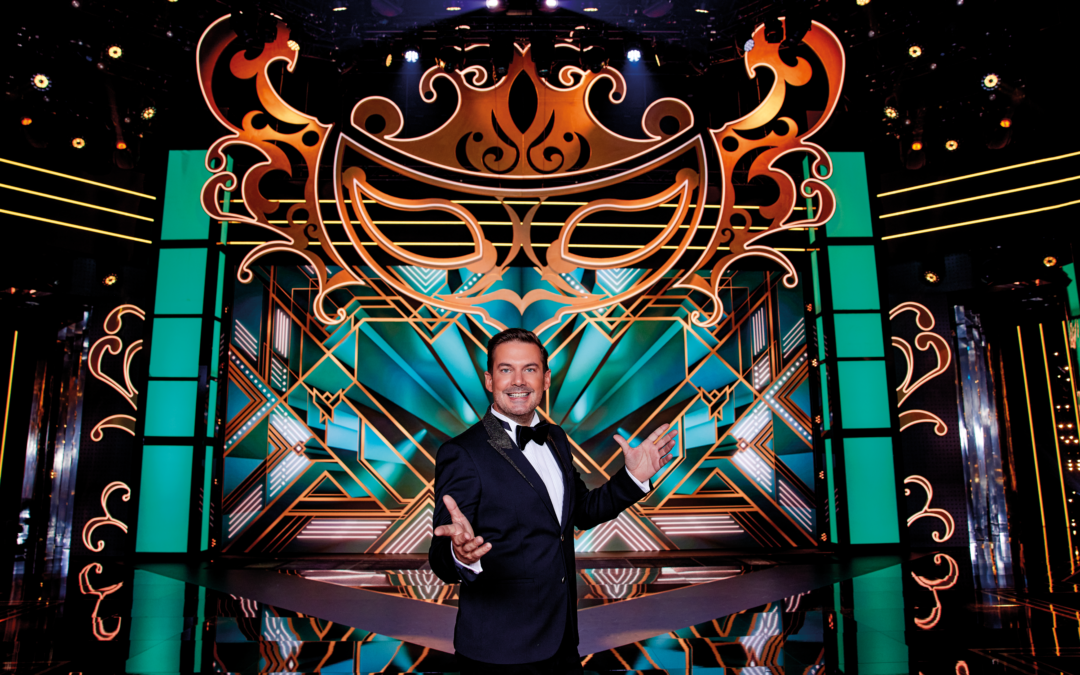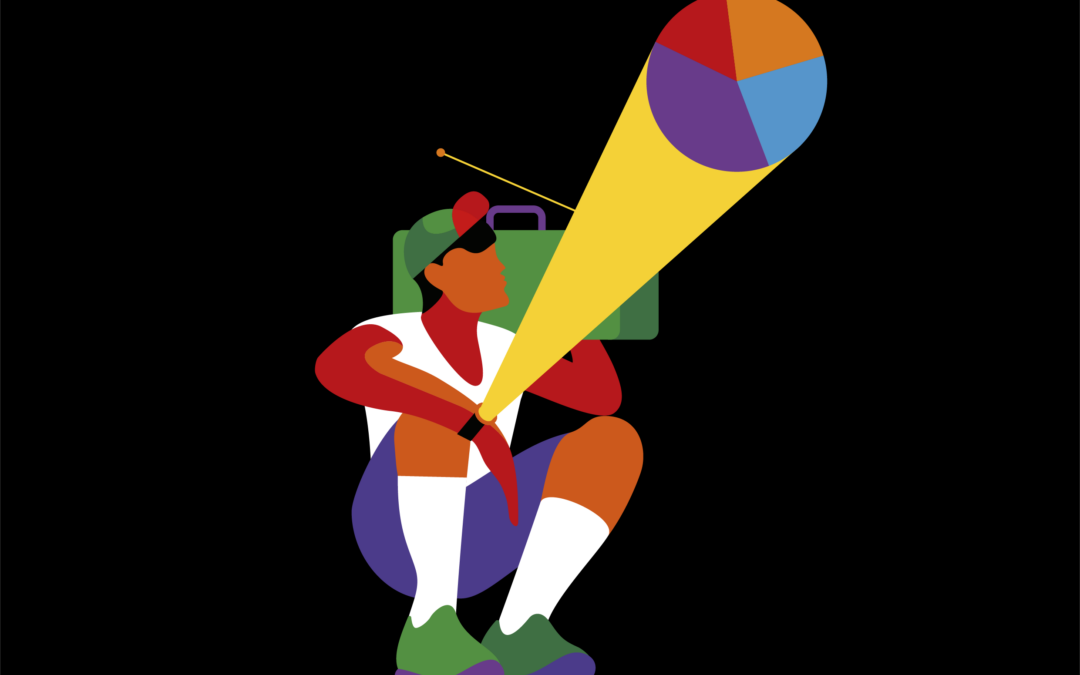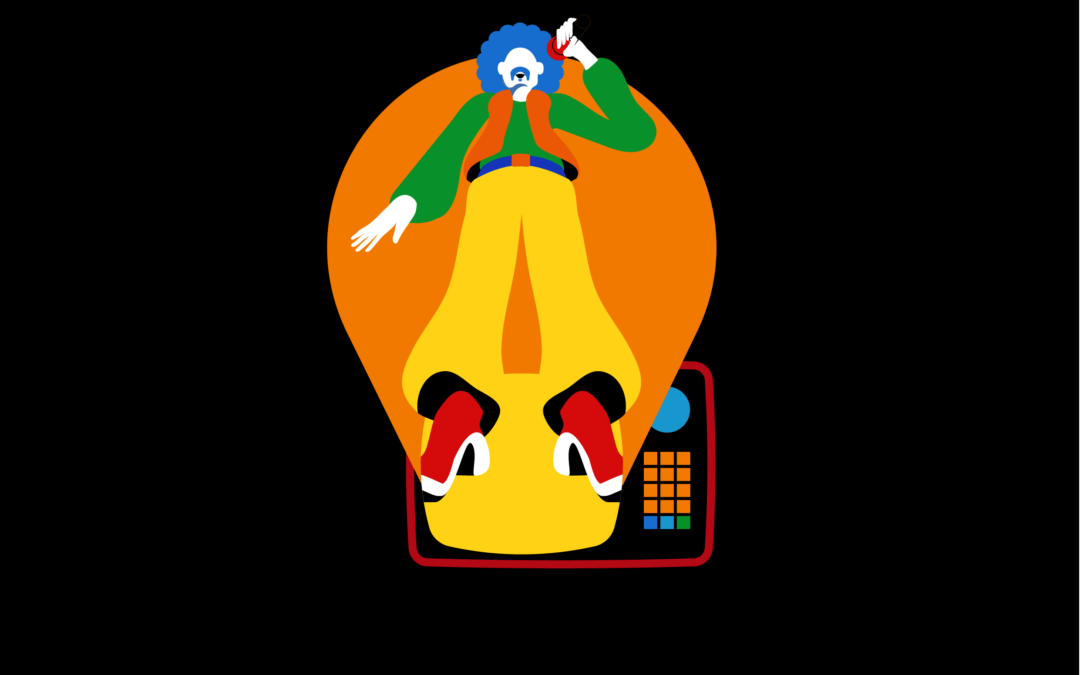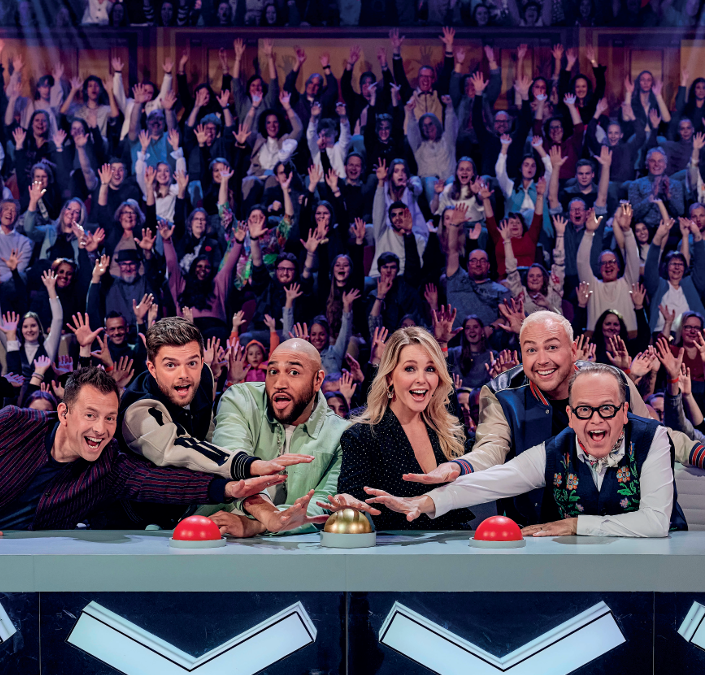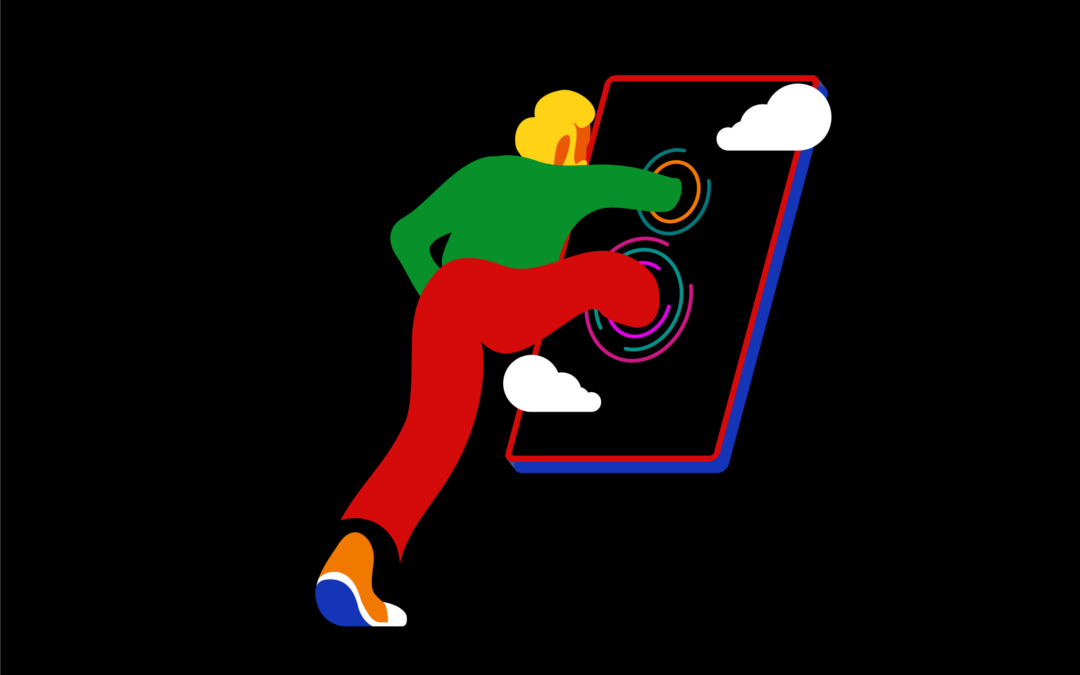Dominique Wolton is a specialist in media, political communication and connections between science and technology. He is a sociologist, Communications Science Research Director at the French National Centre for Scientific Research (CNRS), Director of the Hermès international journal, a member of the Haut Conseil de la Francophonie, Chairman of the Advertising Ethics Council of the French advertising self-regulatory organisation (ARPP) and author of several works[1].
How can “traditional” audio-visual media make a place for themselves in a world where consumers demand immediacy online?
Remember, thirty years ago people were saying that new technology such as cable and satellite would kill off mass media. Admittedly, supply and demand are indeed fragmented, the audience for generalist media outlets has shrunk and cultural consumption has become highly individualised, but the mass media is still well and truly with us. And I’m convinced that the more segmented and fragmentary media outlets there are, the more need we will have of generalist media. Whereas TV, radio and the press generate a social bond by bringing together audiences separated by everything, the internet produces individualism and the uniting of a community. It brings together people who are similar to you and interested in the same thing as you. A society does not amount to the sum of its communities. It needs a political plan that transcends community differences. The internet is not made for that. Generalist media, on the other hand, bring people together, despite their differences.
However, one of the key questions is whether there will still be a role in the future for major public or private mass media like TV and radio, with communication as their primary function, if there is no political will. Now this is vital, as the world is entirely focused on digital, that is to say on individualisation, segmentation, and rationalisation, which is in fact the tyranny of demand. If we want to safeguard the status of radio and TV, it will first require political decisiveness, otherwise digital will triumph. Preserve supply to avoid the tyranny of demand.
Does TV still play as much of a role in social bonding?
I once said that TV is “the stopped clock of passing time.” That’s still true. The issue of social bonding has never been as strong. Networks are about anxiety, disorder, and speed. For now, we’re in a speed-obsessed frenzy of interaction, but we’re starting to see a degree of wear-out and fake news is assuming catastrophic proportions. Our societies that deny time and even death will rediscover this traditional function of mass media, as was formerly the case for newspapers, of stepping back to gain perspective, then analysing and explaining.
Look at the TV news bulletins on the major channels – unlike on the internet or news channels – and you see they do not tell you about the end of the world every ten minutes, but rather there are reports on numerous topics and we also place more trust in them. Mass media outlets have a great future. And I don’t say that in order to criticise the internet, but because the role of communication is to make connections.
SAFEGUARD THE
STATUS OF RADIO
AND TV, IT WILL
REQUIRE POLITICAL
DECISIVENESS
SEE SOME DEGREE OF
WEAR-OUT AND FAKE
NEWS IS ASSUMING
CATASTROPHIC
PROPORTIONS
Television’s strength lies in this individual consumption of a collective activity. You don’t know what others are doing and besides, that’s of no importance, but you do know that others are potentially watching the same programme as you at the same time, even though you also know that not everyone is watching it. That’s the social bond formed by television. It brings people together despite their differences, city dwellers and country folk alike, whether illiterate or highly qualified, young or old, male or female, in front of the same images.
Moreover, and this is another strength, contrary to the criticisms sometimes levelled at it, TV does not engender passiveness but rather it develops a critical sense as, by addressing everyone, it forces each of us to look at things from another angle. In societies as fragmented as ours, this is a very important role.
Series are increasingly tackling social issues; are they a good barometer for society?
It’s true there was a slight gap with reality which needs to be reduced. Mass media would be well-advised to reflect that reality as Netflix and other networks have already accelerated this trend. But beware of straying into sociography. If you ask people what they want too much, there will no longer be any creativity. Admittedly that also presupposes greater confidence in the audience’s capacity for all-out curiosity than is currently demonstrated by the audio-visual world. The latter’s reasoning is currently too focused on demand, which is extraordinarily perverse, whereas in the cultural field in general, and in the field of television in particular, you must also think in terms of supply. Creativity is more on the supply side than on the demand side.
However, I’m sorry that the media are not taking an interest in Europe; many series are shown that have been shot in other countries, which is all well and good, but there is potentially a host of documentaries and entertaining, original series to be made to include the other countries.
What’s your view of TV’s role in the fight against fake news?
It was thought for a long time that the more information and news there was, the more truth there would be. Now in fact, over the last twenty years we’ve noticed that the more information there is, the more rumours there are and the more fake news there is! In other words, we’ve fought for freedom of information and are noticing that when it exists, it does not foster truth, as people are interested in rumours, social media and now the possibility of creating fake news. Social media is not about news and information but about expression. The tyranny of expression has now become the tyranny of information.
The standard media are responsible for a kind of vindication of social networks and digital; for too long now they have been under the spell of social media and digital, viewing them as a technical facility and failing to notice that a lot of fake news lay behind them, with no control, and that truth and speed had been confused together. Moreover, they have not grasped that in this infernal flow of news, if you want to salvage the democratic concept of news then you need journalists. This is an enormous mistake on their part. The media, like the politicians, have laid out the red carpet for GAFAM. Journalists therefore play a decisive role, but they need to talk systematically about fake news on a daily basis, at peak audience times. /
SALVAGE THE
DEMOCRATIC
CONCEPT OF NEWS
THEN YOU NEED
JOURNALISTS
[1] “Think communication”, “Informing is not communicating”, “Television and civilisation”, etc.
